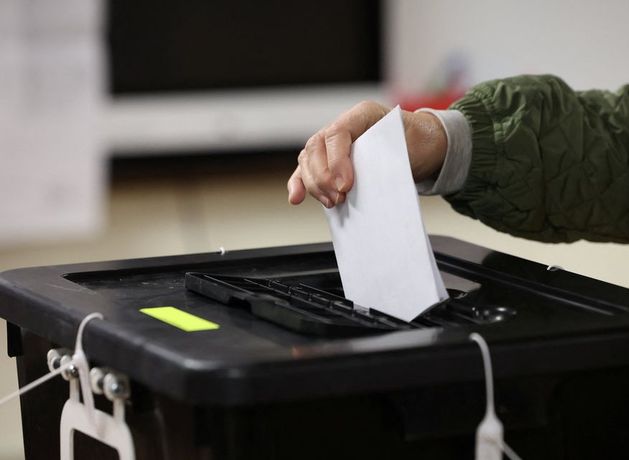The eleven worst offenders comprise: Sligo (111.8pc), Donegal (107.5), Leitrim (106.2), Longford (105.3), Monaghan (104.1), Galway county (101.8), Cork county (101.4), Westmeath (101.2), Carlow (101), Cavan (100.9) and Mayo (100.4).
The bloated registers — of people who are dead, have been duplicated in the system or have emigrated — are replicated across the country.
None of the local authorities has an accurate register, the Electoral Commission said today, making all election turnout figures meaningless.
Today’s News in 90 seconds – Thursday, May 1
Now the Electoral Commission wants a drive from local authorities to clear up their registers as much as possible in time for the November presidential election.
It means that many people can expect emails and letters asking for clarification or extra detail in relation to registrations.
Electoral commission chief, Art O’Leary, said he has been receiving two polling cards “every election” for the people who lived before in his house.
He said he had sent them back to the local authority — and encouraged all others who do so — and did not expect to receive them again for the Presidential poll.
At the launch of a report outlining the “shoddy” nature of the nation’s registers, it was admitted that some councils are checking RIP.ie or listening to death announcements on the radio.
Others use field officers, but there is still a reluctance to delete emigrants who might be coming back. Australia has just announced a new record of over 100,000 Irish-born residents.
“We don’t believe any of the registers are sufficiently accurate,” said Tim Carey of the Commission, which is not yet tasked with, or seeking, the creation of a national register.
Only the four Dublin local authorities “talk to each other” in terms of the transfer of elector addresses, but the others do not.
A new project aims to have all the local government electoral registers in the one place by the end of next year, but this “will not solve the problem of itself.”
In recent years, local authorities have been seeking PPS numbers, dates of birth and Eircodes from people seeking to register for the first time.
There was controversy on LiveLine two years ago over the demand for “confidential” information, and the provision of a PPS number is not mandatory. People can still register on a “manual route” involving the Gardaí.
Since October 2022, only an individual themselves can register. In the past postal information was sought from addresses — an anonymous return system which led in some cases to the registration of household pets.
“In future the cat will have to have a PPS number,” remarked Art O’Leary of the Commission.
People who wish to check their eligibility should go to checktheregister.ie.
#Eleven #counties #voters #adults #living #dysfunctional #state #national #register #outlined








